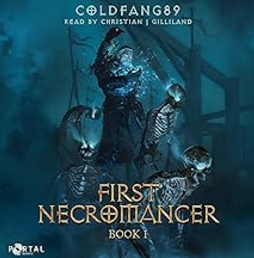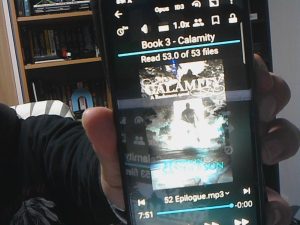
The fourth book takes readers on an exhilarating journey through a future universe where the struggles for power and justice continue to shape the lives of its characters. Brown’s expansion of his “Red Rising” series with this sequel showcases his talent for crafting intricate worlds and complex characters, delivering a thrilling narrative that keeps readers engaged from start to finish.
One of the standout features of “Iron Gold” is Brown’s ability to deepen the mythology of his universe while introducing new layers of political intrigue and personal conflict. Set a decade after the events of the previous trilogy, the novel delves into the aftermath of the revolution, exploring the consequences of war and the challenges of building a new society. Brown masterfully weaves together multiple perspectives, offering readers a comprehensive view of the struggles faced by different factions.
However, it must be noted that “Iron Gold” occasionally suffers from being long-winded and slow-paced, particularly in its early chapters. Some sections may test the patience of readers as they navigate through intricate political machinations and exposition-heavy passages. Despite these moments, Brown’s captivating storytelling ultimately rewards perseverance, as the plot builds to a gripping climax filled with twists and turns.
Among the ensemble cast of characters, Lyria and Ava emerge as particularly compelling figures whose journeys provide poignant insights into the human experience. Lyria’s perspective offers a ground-level view of the social upheaval and inequality that persist despite the promise of revolution, while Ava’s struggles with identity and purpose add depth to the narrative. Brown’s attention to character development shines through in these arcs, making them some of the most memorable aspects of the novel.
Moreover, “Iron Gold” excels in its exploration of themes such as loyalty, sacrifice, and the nature of power. Brown doesn’t shy away from addressing complex moral dilemmas, forcing his characters—and by extension, readers—to confront difficult questions about the cost of freedom and the price of victory. These thought-provoking themes elevate the novel beyond mere action-adventure, providing substance and depth to the story.
In terms of prose, Brown’s writing remains as vivid and evocative as ever, painting a vivid picture of the dystopian world he has created. His descriptive prowess brings the settings to life, from the sprawling cities of Mars to the war-torn landscapes of distant planets. Coupled with his knack for crafting tense action sequences, Brown keeps readers on the edge of their seats throughout the book.
“Iron Gold” is a worthy addition to the “Red Rising” series, offering both longtime fans and newcomers alike a richly imagined universe to explore. While its pacing may be uneven at times, the novel more than makes up for it with its compelling characters, thought-provoking themes, and thrilling storytelling. With its ambitious scope and gripping narrative, “Iron Gold” is sure to leave a lasting impression on readers long after they turn the final page.






